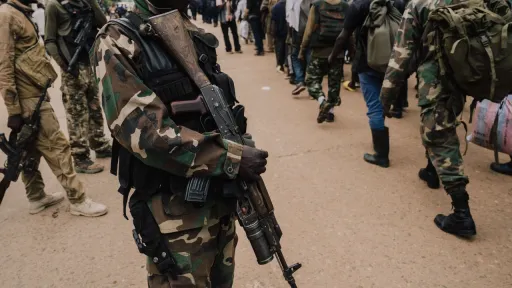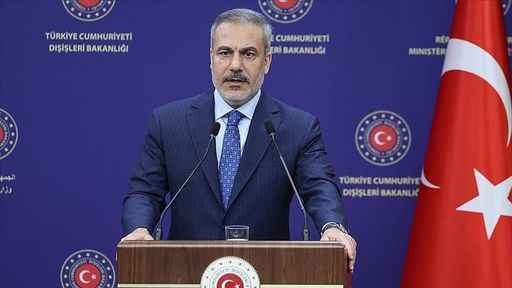UN High Commissioner for Human Rights Volker Turk has condemned the killing of at least 319 civilians in eastern Democratic Republic of the Congo (DRC) in July, blaming the violence on the M23 rebel group amid ongoing ceasefire violations.
“I am appalled by the attacks on civilians by the M23 and other armed groups in eastern DRC amid continued fighting, despite the ceasefire that was recently signed in Doha,” Türk said in a statement issued from Geneva on Wednesday.
“All attacks against civilians must stop immediately, and all those responsible must be held to account,” he said.
The UN Human Rights Office said it had documented a series of deadly assaults in the provinces of North Kivu, South Kivu, and Ituri, regions bordering Rwanda, Uganda, and Burundi, where armed groups have operated for decades, contributing to one of the world’s longest-running humanitarian crises.

‘Massacre despite ceasefire’
The latest wave of killings came just weeks after the Congolese government and M23 signed a declaration of principle in Doha on June 19, reaffirming their commitment to a permanent ceasefire.
The agreement included a pledge to halt hostilities, refrain from hate speech, and avoid seizing new territory by force. It also laid out a roadmap for restoring state control in rebel-held areas and initiating direct peace talks.
However, the violence has only intensified. The M23, with support from neighbouring Rwanda, has captured large parts of the mineral-rich eastern DRC since its resurgence in 2021, displacing hundreds of thousands and inflaming regional tensions.

‘Civilians endure consequences.’
The Doha accord followed a separate agreement signed in Washington between the DRC and Rwanda, a framework that remains largely unimplemented.
Presidents Felix Tshisekedi of the DRC and Paul Kagame of Rwanda are expected to meet in the coming months to formalise next steps, though details remain scarce.
“I urge the signatories and facilitators of both the Doha and Washington agreements to ensure that they rapidly translate into safety, security, and real progress for civilians in the DRC, who continue to endure the devastating consequences of these conflicts,” Turk said.



















